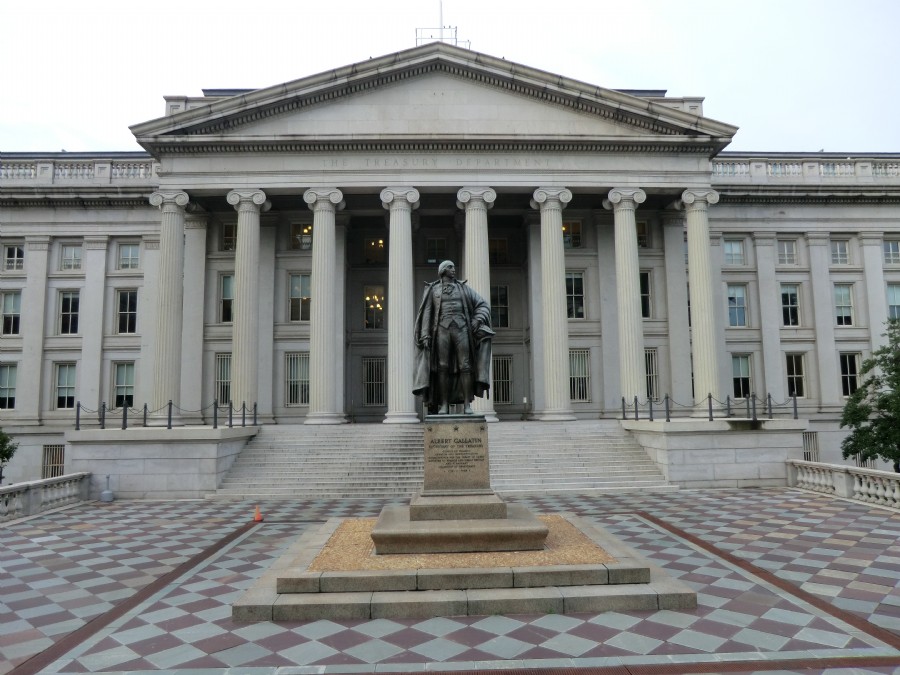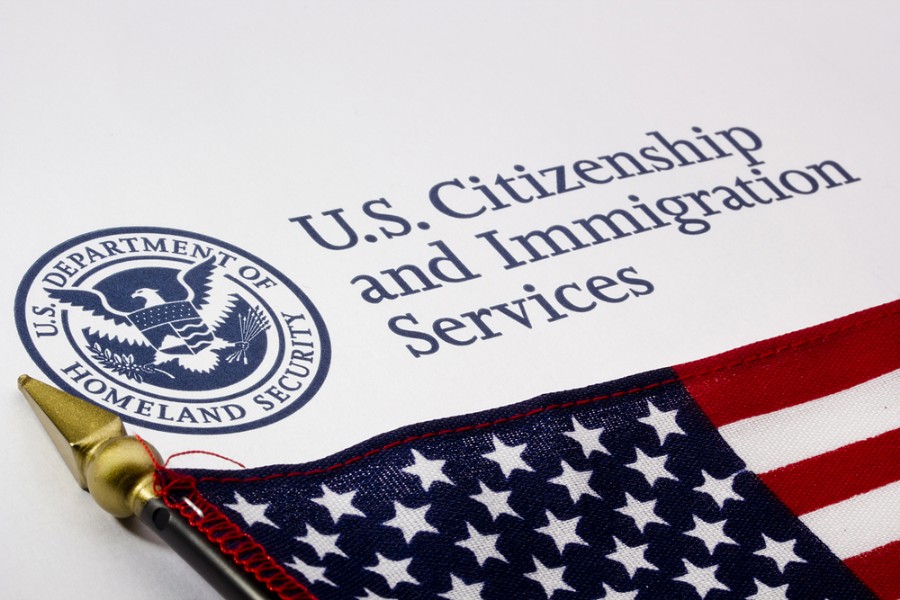The Treasury Department closed a gaping loophole in its effort to crack down on money laundering in real estate on Tuesday, extending its LLC disclosure rules to deals that involve wire transfers.
In a revised geographic targeting order (GTO), Treasury officials said wire transfers would now be subject to regulations that require title insurance companies to disclose the identity of buyers who purchase luxury real estate through LLCs.
The revised GTO — which covers deals in New York City, Florida, California, and Texas — was also extended to transactions in Honolulu, Hawaii.
The latest changes are meant to give teeth to regulations that critics have said are too lax and have had little impact.
On Tuesday, FinCEN also published an eight-page advisory for financial institutions, alerting them to money-laundering risks associated with real estate. “Many real estate transactions involve high-value assets, opaque entities, and processes that can limit transparency because of their complexity and diversity,” said the advisory, which cited the 1MDB fund scandal, in which embezzled funds out of Malaysia paid for luxury real estate in Beverly Hills and New York, including the Park Lane Hotel.
“In addition, the real estate market can be an attractive vehicle for laundering illicit gains because of the manner in which it appreciates in value, ‘cleans’ large sums of money in a single transaction, and shields ill-gotten gains from market instability and exchange-rate fluctuations,” the advisory said.
According to FinCEN, 30 percent of transactions covered by the GTOs involve an owner who’s been the subject of a suspicious activity report.
The Treasury Department initially launched the LLC disclosure rule in March 2016 in an attempt to crack down on the flow of illicit funds. Since then, FinCEN has renewed the regulation twice, most recently in February. Since July 2016, the rule has covered deals in all five boroughs of New York City; Miami, Broward and Palm Beach counties in Florida; Los Angeles; San Francisco; San Diego; and San Antonio, Texas. The rule applies to cash deals above $3 million in Manhattan and $1.5 million in the other boroughs.
Treasury Department finally adds teeth to LLC disclosure rule












